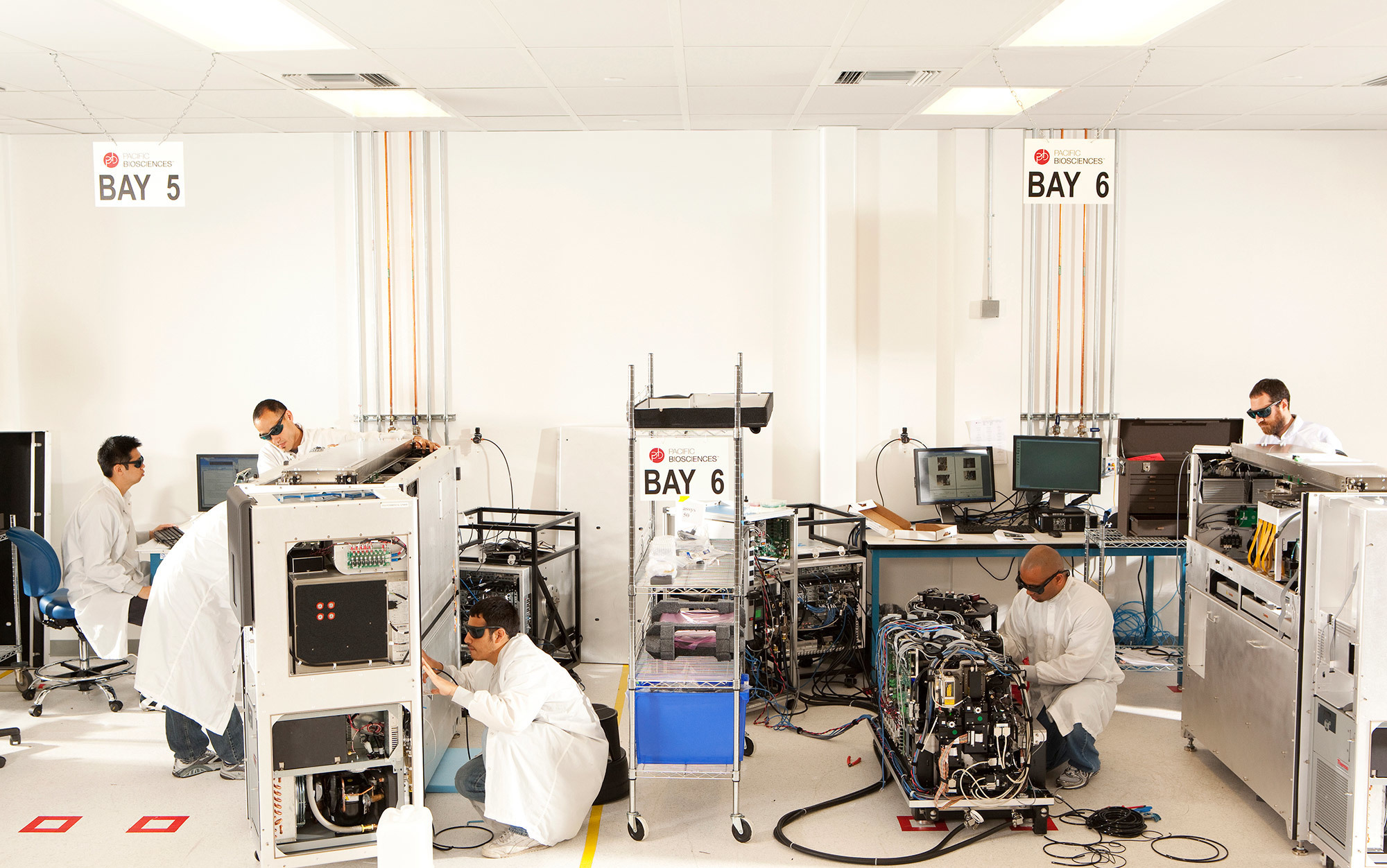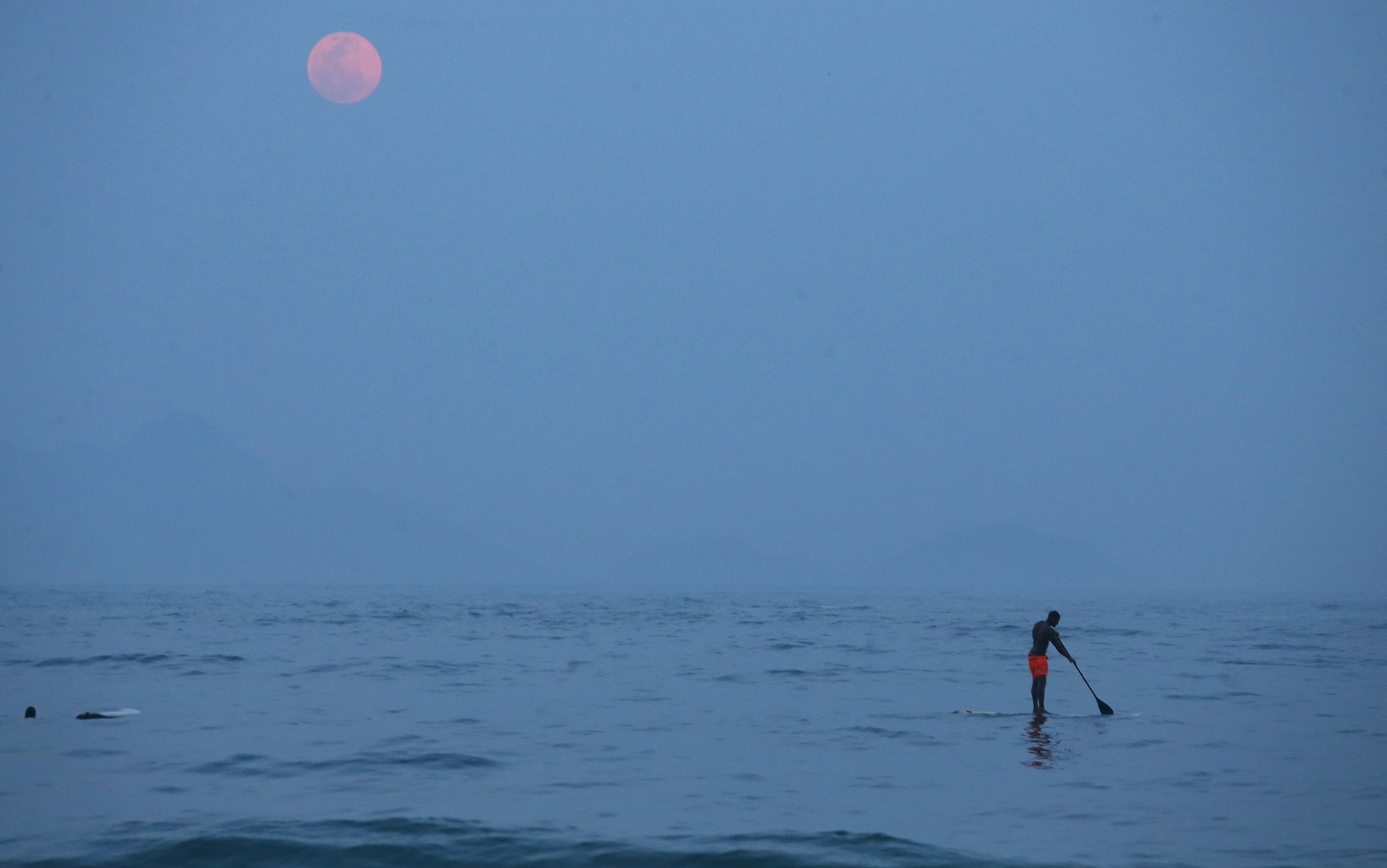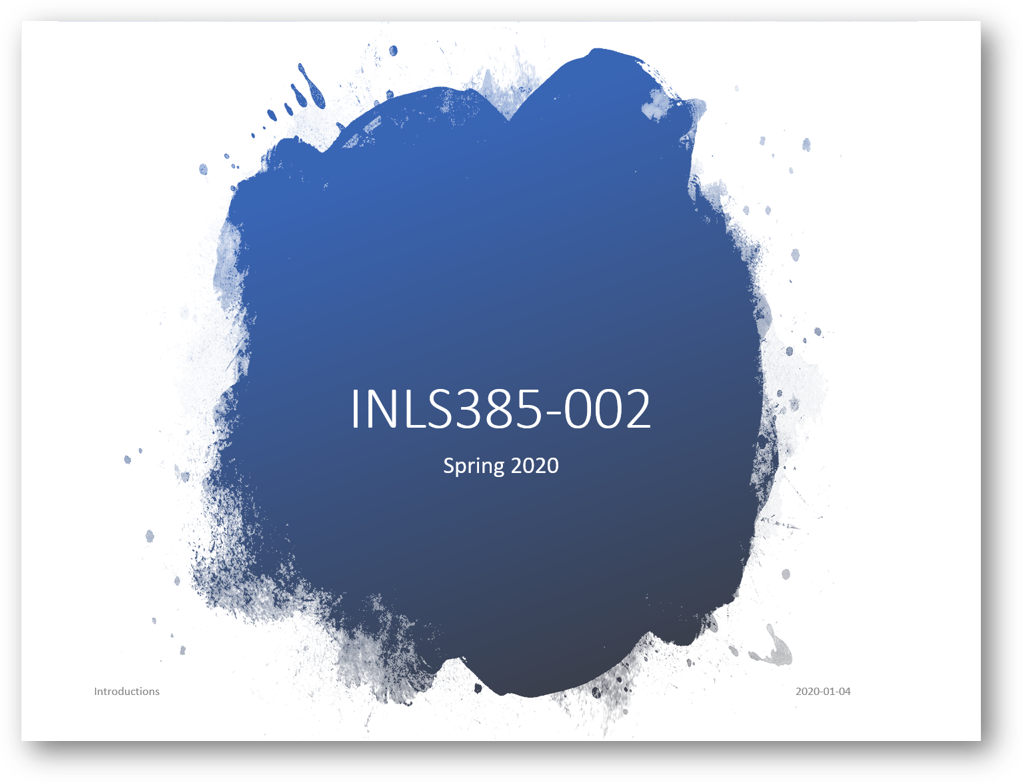SESSION 02 | ORGANIZATIONAL CONTEXTS
As the title of the session says, we will consider the role of information in organizational contexts [loosely defined]
Start by thinking about "organization" in a very broad definition
Jacques Tati's Playtime (1967)
back to top
Don't let your tools get in the way of thinking about information

The challenge for the scientist, particularly in the era of Big Science, is to keep the instrument in its place. The best scientific kit comes from thinking about how to solve a problem. But once it becomes a part of the standard repertoire and acquires a lumbering momentum of its own, it might start to constrain thinking more than it assists it. As the historians of science Albert van Helden and Thomas Hankins said in 1994: ‘Because instruments determine what can be done, they also determine to some extent what can be thought.’
Machine Envy by Phillip Ball in Aeon Magazine
back to top
You don't have to read these unless you wish to, but we might touch upon them in conversation

- Perhaps a bit more abstract than usual, but you might want to read Do we matter in the cosmos? by Nick Hughes, in Aeon Magazine.
-
Buckland, M. K. (June 01, 1991).
Information as Thing.
Journal of the American Society for Information Science, 42, 5, 351-60.
[PDF]
back to top
things we'll talk about
- how do we define information
- how do we decide what qualifies as information
- how do we use and interact with information
Group exercise
We'll form groups after having all taken the Myers-Briggs Personality Test

back to top
something to take away
Music has been a means of information exchange for eons. This semester, we will include in each session an opportunity to watch a music item, to think about what the piece might mean for our understanding of the world around us.
Thoughts on music from p. 249 in Alain de Botton's Status Anxiety.
Music in any form can be a great leveler. We might, for example, imagine joining an unfamiliar congregation within the walls of a cathedral to hear Bach's Mass in B Minor ("the greatest work of music of all ages and of all peoples," in the view of Hans-Georg Nigeli, writing in 1817).
Much may separate us: age, income, clothes and background. We may never before have spoken to one another and may be wary of letting anyone catch our gaze. But as the Mass begins, so, too, does a process of social alchemy.
The music conveys feelings that hitherto seemed inchoate and private, and our eyes may fill with tears of relief and gratitude for the gift given us by the composer and musicians in making audible, and hence available to us and to others, the movements of our collective soul. Violins, voices, flutes, double basses, oboes, bassoons and trumpets combine to create sounds that evoke the most secret, most elusive aspects of our psyches.
Moreover, the public nature of the performance helps us to realise that if others around us are responding as we are to the music, then they cannot be the indecipherable enigmas we imagined them to be. Their emotions run along the same tracks as ours, they are stirred by the very same things and so, whatever the differences in our appearance and manner, we possess a common core, out of which a connection can be forged and extended far beyond this one occasion.
A group of strangers who initially seemed so foreign may thus in time, through the power of choral music, acquire some of the genuine intimacy of friends, slipping out from behind their stony facades to share, if only briefly, a beguiling vision of humankind.
Stand by me
I will have one selected for each session, but you all can add to the list and to our mutual growth in understanding by showing us items you find interesting. This time Playing for Change. From the Wikipedia entry ...
The project started in 2004 with the organization's self described goal to "inspire, connect, and bring peace to the world through music".
The creators of the project, Mark Johnson and Enzo Buono, traveled around the world to places such as New Orleans, Barcelona, South Africa, India, Nepal, the Middle East and Ireland. Using a mobile recording equipment, the duo recorded local musicians performing the same song, interpreted into their own style.
Among the artists participating, or openly involved in the project, include Vusi Mahlasela, Louis Mhlanga, Clarence Bekker, Tal Ben Ari (Tula), Bono, Keb' Mo', David Broza and Grandpa Elliott. The project's first single "Stand by Me", began with a Santa Monica street performer named Roger Ridley (now deceased).
The duo traveled the world, recording more and more musicians. All of these versions were considered for mixing a pastiche final version.